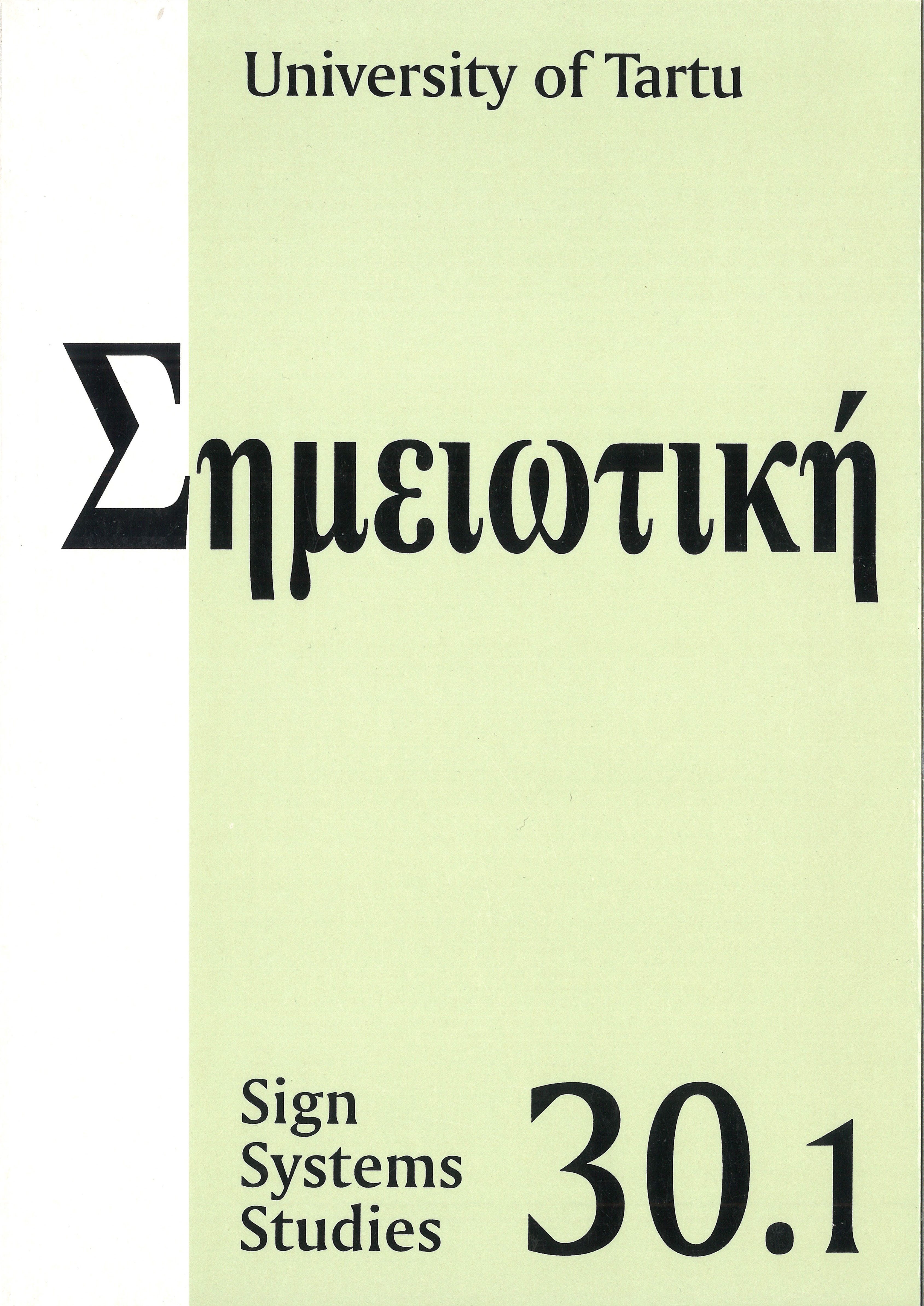On the epigenesis of meaning in robots and organisms: Could a humanoid robot develop a human(oid) Umwelt?
DOI:
https://doi.org/10.12697/SSS.2002.30.1.06Abstract
This paper discusses recent research on humanoid robots and thought experiments addressing the question to what degree such robots could be expected to develop human-like cognition, if rather than being preprogrammed they were made to learn from the interaction with their physical and social environment like human infants. A question of particular interest, from both a semiotic and a cognitive scientific perspective, is whether or not such robots could develop an experiential Umwelt, i.e. could the sign processes they are involved in become intrinsically meaningful to themselves? Arguments for and against the possibility of phenomenal artificial minds of different forms are discussed, and it is concluded that humanoid robotics still has to be considered “weak” rather than “strong AI”, i.e. it deals with models of mind rather than actual minds.


